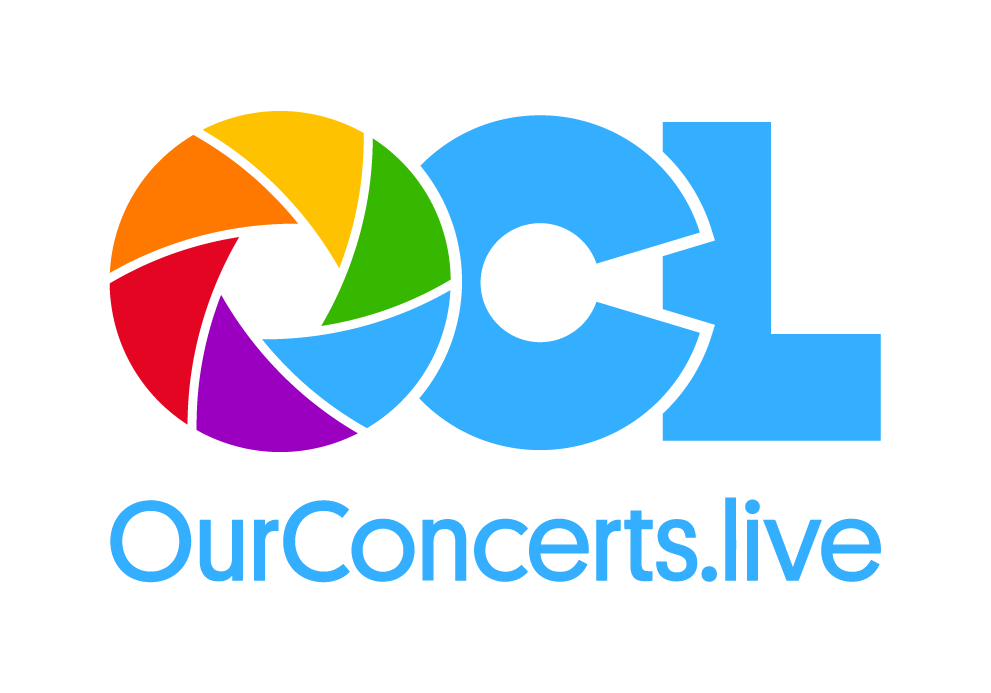Trio Sonatas
Filmed at the Gustav Mahler Hall, Toblach, Dolomiten, Italy
Johannes Pramsohler, Ensemble Diderot Johannes Pramsohler,
Roldán Bernabé [violins]
Gulrim Choi [cello]
Philippe Grisvard [harpsichord]
Handel
Sinfonia in B flat major HWV 339
Babell
Prelude Presto in F major
Babell/Handel
Lascia ch'io pianga for solo harpsichord
Leclair
Trio Sonata in D minor Op.4/1
Guignon
Les Sauvages et La Furstemberg
Telemann
Trio Sonata in E flat from Tafelmusik
Corelli
Chaconne
Jean-Marie Leclair [1697-1764]
Trio Sonata in D minor Op.4/1 [c.1731-1733]
Georg Friederic Handel [1685-1759]
Sinfonia in B flat major HWV 339 [c.1707-1709]
Georg Philipp Telemann [1681-1767]
Trio Sonata in E flat from Tafelmusik [1739-40]
Jean-Pierre Guignon [1702-1774]
Les Sauvages et La Fustemberg [c. 1736]
William Babell [c.1690-1723]/Georg Friederic Handel [1685-1759]
Lascia ch'io pianga for solo harpsichord [1711]
Arcangelo Corelli [1653-1713]
Chaconne [1685]
Four musicians, three parts: the Trio Sonata was the main genre of chamber music in the 17th and 18th centuries and gave composers a great playground to explore form, content and impact in an intimate and easy-to-handle format. The main development of the Trio Sonata took place in the 17th century when the genre developed in Italy, but its largest dissemination happened in the first half of the 18th century with the emergence of new printing technologies and travelling musicians.
With this programme Ensemble Diderot wants to celebrate its core repertoire and the peak of the genre and presents some of the major repertoire cornerstones that were composed just before the trio sonata declined and gave way to another genre: the string quartet.
For our concert for the Cork Chamber Music Festival we prepared a European Tour through some of the most important centres for music at the time. Handel’s Sinfonia in B-flat Major opens our programme and there is certainly no better piece to showcase Handel in chamber music – virtuosic and mysterious, written by the young Georg Friedrich in Rome, copied by Johann Georg Pisendel, the greatest violinist of the time, for the best musicians in Europe (the Dresden court orchestra), just one year before Handel came to Dresden as a world renowned star in order to acquire singers for the newly founded Royal Academy in London.
Leclair’s Op. 4 represents a milestone of chamber music, which – a true masterpiece, which contemporaries already recognized. The German music theorist Friedrich Wilhelm Marpurg praised Leclair’s fugues in his Abhandlung von der Fuge (Essay on the Fugue) and reproduced two movements from Op.4 as examples alongside fugues by Bach, Kirnberger & Co.
France exerted extraordinary influence on the music production of the time and it is no wonder that many composers and musicians took trips to Paris in order to meet musicians,
to exchange music and ideas and to find inspiration. Telemann’s inclination towards France can be seen already before he spent eight months in Paris in 1737/38 – not only in some of his musical choices but above all in his decision to give his monumental collection of courtly table music a French name – “Musique de Table”. Telemann’s work can be considered one of the three climaxes of baroque instrumental music (together with Handel’s Concerti grossi Op. 6 and Bach’s Brandenburg Concertos) and in this programme we present the Trio Sonata in E-flat Major.
At the end of the concert we go back to where it all started: Italy. With Corelli we are right at the beginning of the new century and present the composer which all other composers took as inspiration.
As sorbets between the courses of this rather meaty programme we serve Jean-Pierre Guignon’s variations for two violins without bass on the famous Sauvages from Rameau’s opera Les Indes galantes and William Babell’s astonishing arrangement for harpsichord of Handel’s all-time favourite Lascia ch’io pianga. Enjoy!
- Johannes Pramsohler
Thank you for watching
To see the other concerts available in Bantry and Beyond visit the Chamber Music Festival Programme on our website www.westcorkmusic.ie/chambermusicfesival/programme/
